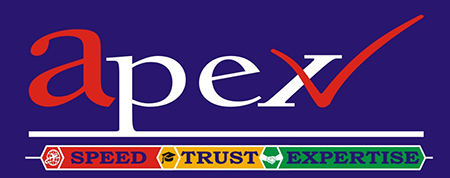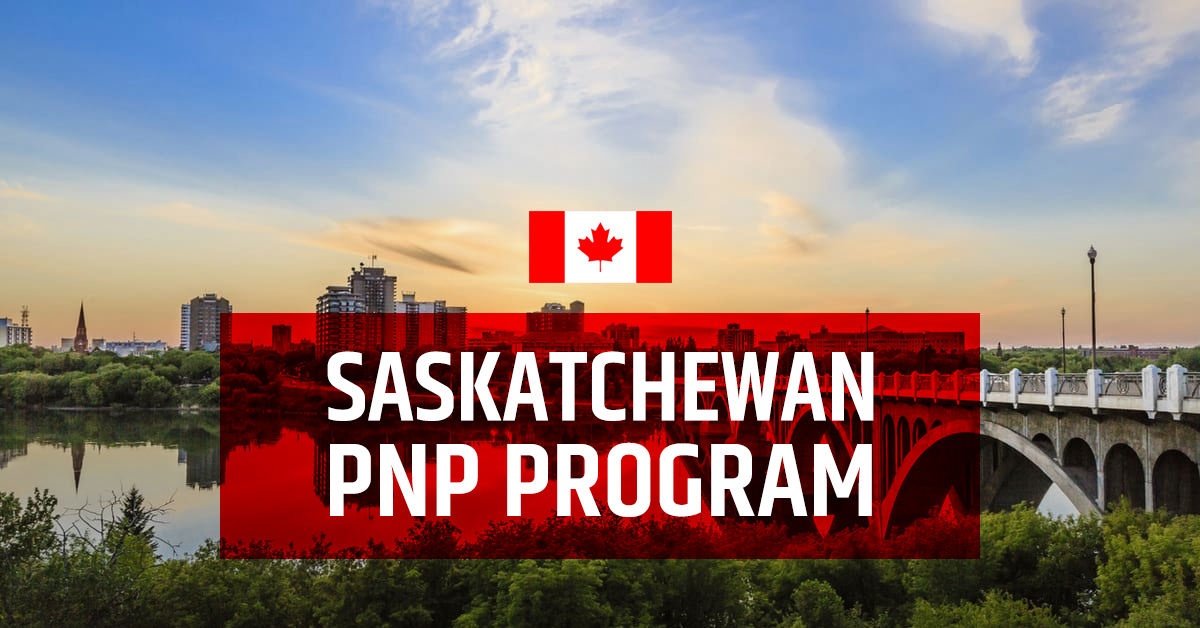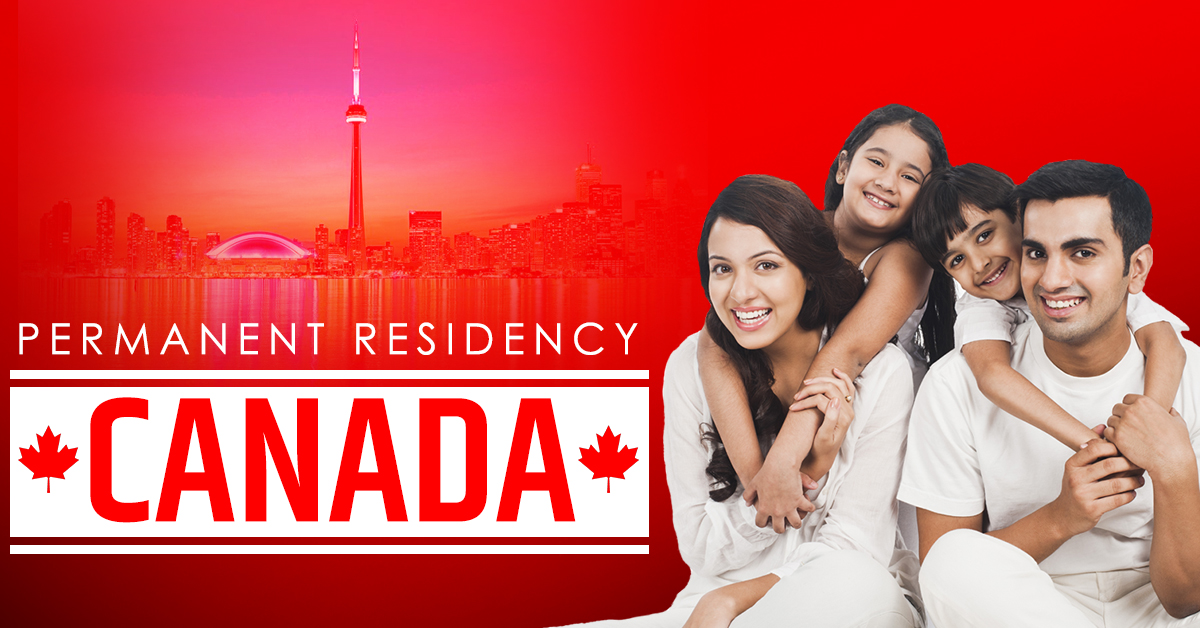Apply for Canada Immigration under Spouse and Family sponsorship
Canadian family reunification programs are internationally known as being very generous. On January 2017, Immigration, Refugees, and Citizenship Canada accepted 10,000 family sponsorship applications. That is because there are various ways to bring family members to immigrate to Canada too. Canadian citizen/ permanent resident can apply for Canada Immigration under Spouse and Family sponsorship for spouses or partners, dependent children, parents, grandparents and other close relatives to become permanent residents as Family Class immigrants.
Reuniting families is Canada’s top immigration priority. Get to know the main Family Sponsorship programs in Canada. To apply for Canada Immigration, check the list below if you are qualified to bring your family to Canada.
Eligibility requirements to become a Canadian Citizen
The eligibility requirements to become a Canadian citizen vary depending on your situation.
Standard eligibility requirements are set for an adult (at least 18 years of age) permanent resident of Canada. Spouses of Canadian citizens also must meet the same eligibility requirements for adults as they are not yet considered Canadian citizens. Current or former members of the Canadian Armed Forces (CAF) may be eligible to apply through a fast-track process. They must meet the standard qualifications to resume citizenship with the exception that their length of service in, or with, the CAF will be considered instead of the length of time they lived in Canada. Former Canadian citizens who wish to get back Canadian citizenship and adopted children born outside Canada also have separate conditions to meet to become Canadian citizens.
- Standard eligibility requirements
Conditions in all areas (age, permanent resident status, time lived in Canada, income tax filing, intent to reside, language skills, how well you know Canada, and prohibitions) must be met to be eligible to become a Canadian citizen
- Age- You must be at least 18 years old.
If you are applying for citizenship for a child under 18 who is a permanent resident of Canada, you must be the child’s parent, adoptive parent or legal guardian. Also, one parent must be a Canadian citizen or apply to become a citizen at the same time (this also applies to adoptive parents).
- Permanent resident status- You must have permanent resident (PR) status in Canada, have no unfulfilled conditions related to that status, and your PR status must not be in question. This means you must not be under review for immigration or fraud reasons or under a removal order (an order from Canadian officials to leave Canada).
(APR card is not necessary to apply for citizenship)
- Time lived in Canada- You must have been physically present in Canada as a permanent resident for at least 1,095 days during the five years immediately before the date of your application. Is no longer necessary to be physically present for at least 183 days during each of four calendar years that are fully or partially within the six years immediately before the date of application. These requirements do not apply to children under 18.
Exceptions to these requirements apply for certain Crown servants and their family members.
When calculating how long you have lived in Canada, you can count the time spent after you became a permanent resident of Canada. And each day as a Temporary Resident or protected person can count as a half-day to meet the physical presence requirement for Citizenship. This is valid up to a maximum credit of 365 days and is valid for Work or Study status.
- Income tax filing- You must have met your personal income tax filing obligations in three taxation years that are fully or partially within the five years immediately before the date you apply.
- Intent to reside- You must declare your intent to either reside in Canada, work outside Canada as a Crown servant, or live abroad with certain family members who are Crown servants.
Once you become a Canadian citizen, you have the right to enter, remain in, or leave Canada, one of the basic rights of citizenship.
- Language abilities- Canada has two official languages— English and French. To become a citizen, you must show that you have adequate knowledge of one of these languages. You must been able to take part in simple conversations, understand basic instructions, questions and directions, use basic grammar, and have sufficient vocabulary to express yourself.
If you are 18 to 54 years of age, you must send documents with your citizenship application. This proves that you can speak and listen in English or French at this level.
It will also be noted how well you communicate with a staff or a citizenship officer during your interview. A citizenship officer will make the final decision on your application, including how well you can communicate in English or French.
- How well you know Canada- To become a citizen, you must understand the rights, responsibilities, and privileges of citizenship, such as voting in elections and obeying the law. You must also show, in English or French, that you understand Canada’s history, values, institutions, and symbols.
If you are 18 to 54 years of age when you apply for citizenship, you will need to take a citizenship test. The test result shows you have adequate knowledge of Canada and the responsibilities and privileges of citizenship. It is usually a written test, but it is sometimes taken orally with a citizenship officer.
- Prohibitions- If you have committed a crime in or outside Canada, you may not be eligible to become a Canadian citizen for a period of time.
Time in prison or on parole does not count as a time you have lived in Canada. Time on probation also does not count if you were convicted of a crime.
- Fast-Track Process
The Government of Canada recognizes the importance of the Canadian Armed Forces (CAF). Besides, show their commitment to defending the values and interests of Canada. The fast-track provision will accelerate citizenship for permanent residents serving in the CAF and foreign military members in exchange with the CAF.
Those who have served for one year less than the standard residence requirement for citizenship may qualify for a grant of citizenship, provided they meet all other requirements. This means the length of time they served in the Canadian Armed Forces is used instead of the length of time they lived in Canada. To be eligible, current or former members of the CAF or foreign military members who were attached or were seconded to the CAF must have completed three years (1,095 days) of service in or with the CAF in the six years (2,190 days) immediately before the date of their application. They also must have met their personal income tax filing obligations in three taxation years that are fully or partially within the six years immediately before the date they applied. Foreign military members attached or seconded to the CAF need not be permanent residents nor meet the tax filing obligation to apply.
Those who are no longer members of the CAF must have been released honorably to be eligible to apply using the fast-track process.
- Eligibility requirements for former Canadian citizens who wish to get back Canadian citizenship:
The following are the requirements to be eligible to resume Canadian citizenship:
- Must have been a Canadian citizen
- Must have become a permanent resident of Canada after the loss of Canadian citizenship
- Must have no unfulfilled conditions relating to status as a permanent resident
- Must have been physically present in Canada as a permanent resident for at least 365 days in the two years immediately before application
- Must have met personal income tax filing obligations for the taxation year immediately before application, and
- Must have the intention, if granted citizenship, to live in Canada, work outside Canada as a Crown servant, or live abroad with certain family members who are Crown servants.
- Former Canadian citizens may no longer be eligible to get back Canadian citizenship if their citizenship has been revoked or taken away, are under a removal order (an order from Canadian officials to leave Canada) or are prohibited from being granted citizenship.
- Eligibility requirements for adopted children born outside Canada
The adopted person may be eligible for a direct grant of Canadian citizenship if he/she is not a Canadian citizen. He must have at least one (1) adoptive parent who, at the time of their adoption, was or is a Canadian citizen. He is not subject to the first-generation limit to citizenship by descent (unless meets one of the exceptions stated below), and meets the Citizenship Act requirements. Also, the adopted person must fulfill all the requirements for intercountry adoption.
The First Generation limit:
The first generation limit prevents children born outside Canada and adopted by a Canadian citizen to be eligible for a grant of Canadian citizenship if their adoptive Canadian citizen parent was born outside Canada to a Canadian citizen or if their adoptive Canadian citizen parent was granted Canadian citizenship under section 5.1, the adoption provisions of the Citizenship Act. disallow
However, there are two exceptions to the first generation limit:
- at the time of the person’s adoption, either of the person’s adoptive parents was employed outside Canada in or with the Canadian Armed Forces, the federal public administration, or the public service of a province or territory, other than as a locally engaged person (a Crown servant);
- at the time of either of the adoptive parents’ birth or adoption, one of their parents (the adopted person’s grandparents) was employed outside Canada in or with the Canadian Armed Forces, the federal public administration or the public service of a province or territory, other than as a locally engaged person (a Crown Servant).
Requirements for Intercountry Adoption
Adopting a child under 18 years of age
For a child adopted by a Canadian citizen to be granted citizenship, the adoption must be in the best interests of the child and will create a genuine relationship between parent and child. As such, the primary reason for adoption must not be to acquire status or privilege in relation to immigration or citizenship. It must also be in accordance with international adoption laws, the laws of the place where the adoption took place, and the laws of the country of residence where the adoptive parents reside.
Spouse & Dependent Children Sponsorship
If you are a Canadian citizen or a permanent resident of Canada, it is possible to sponsor a spouse, common-law or conjugal partner, or dependent children. They can be already living in Canada or outside the country. It is important to know that there is no income requirement to sponsor your spouse and dependent children.
Spouse & Dependent Children Sponsorship majorly include:
Reuniting families is Canada’s top immigration priority. Mercan delivers expert service to reunite you with your family and children. Our experience of processing family applications for the past 25 years will help make the process easy and efficient for you.
You can sponsor a spouse, common-law or conjugal partner, or dependent children if you are a Canadian citizen or a permanent resident of Canada. You can apply as a sponsor if your spouse, common-law or conjugal partner, or accompanying dependent children live with you in Canada. You can also apply as a sponsor if your spouse, common-law or conjugal partner, or dependent children live outside Canada. There is no income requirement to sponsor your spouse and dependent children.
To sponsor, you must
- Be 18 years of age or older,
- Be a Canadian citizen, Registered Indian or permanent resident,
- Be sponsoring a member of the Family Class, live in Canada, or provide evidence if you are a Canadian citizen living outside of Canada, then you have to live in Canada once the person you are sponsoring becomes a permanent resident.
- Majorly sign an agreement with your spouse or common-law partner confirming that each of you understands your obligations and responsibilities,
- sign an undertaking promising to provide for your spouse or common-law partner’s basic requirements and, if applicable, those of his or her dependent children,
- prove that you have sufficient income to provide basic requirements for your spouse or common-law partner’s dependent children. But, you must provide documents showing your financial resources for the past 12 months. This requirement applies only when dependent children have dependent children.
Get the Parent & Grandparent Super Visa
This type of application is ideal for families’ visits. Mothers, fathers, grandmother, or grandfathers can get the facilitated Super Visa for Parents and Grandparents to stay temporarily in Canada with sons, daughters, grandsons, or granddaughters.
Super visa is for parents and grandparents of Canadian or permanent residents who wish their family to visit Canada. This permit is valid for up to two years at a time with multiple visas valid for ten years. Also, in this type of Visa, an immigration officer will look at some factors. Such as your parent’s or grandparent’s ties to their home country; the purpose of their visit; their family and finances; the overall economic and political stability of the home country; and an invitation from a Canadian host. The invitation letter must contain:
Parents & Grandparents Super Visa
Also, for the Parent and Grandparent Super Visa, you must provide a written and signed promise of financial support for your parents or grandparents for their entire stay in Canada. In addition, you need to prove that your income meets or is above the low-income cut-off (LICO) for the total number of people, including the visiting parents or grandparents.
The visitors also have to: prove that child or grandchild in Canada meets a minimum income threshold; provide a written statement from that child or grandchild that he or she will give you financial support; have valid Canadian medical insurance coverage for at least one year, and have an immigration medical exam.
Sponsoring other eligible Relatives
Other relatives may be eligible to be sponsored under special circumstances. They can immigrate to Canada as permanent residents if the sponsor is a Canadian citizen or a permanent resident of Canada. Also, the sponsor must be 18 years or older and meet set income guidelines. In addition, the sponsor has to agree in writing to give financial support to your relative and any other eligible relatives coming with them for up to 10 years, depending on their age and how you are related. This period begins to be counted on the date they become a permanent resident. And there are two options for who can be sponsored, which are:
- Orphaned close relative (adopted, no spouse, under 18 age group)
- Another relative (you share blood relation).























